[Newsbits] 9-24.10.2024: Pink Cocaine, Chanakya Defence Dialogue & more
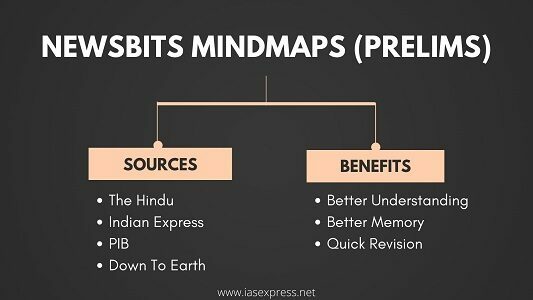
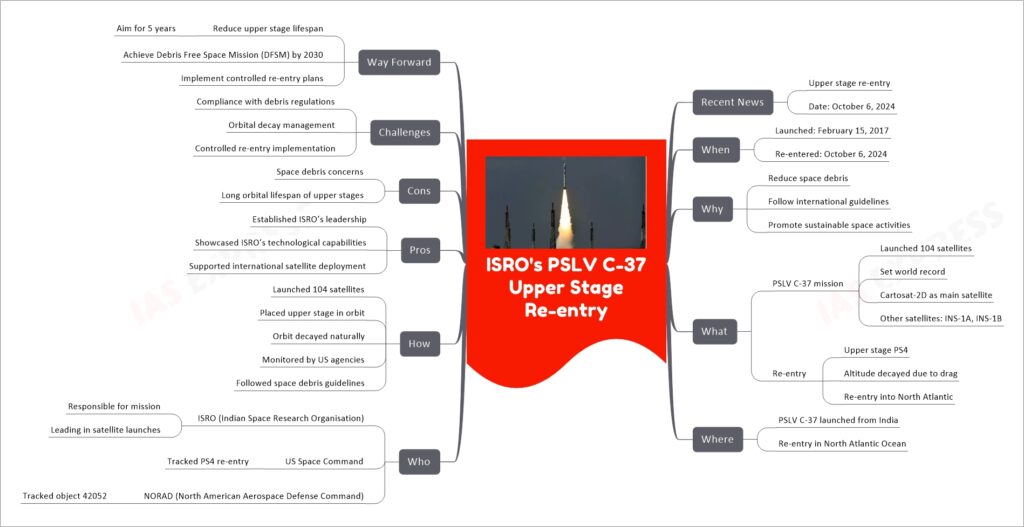
On October 6, 2024, the upper stage of ISRO’s PSLV-C37 successfully re-entered Earth’s atmosphere after launching 104 satellites, including Cartosat-2D, in February 2017. This mission set a world record, boosting ISRO’s prominence in satellite launches. The re-entry, monitored by US Space Command, occurred after the upper stage’s orbit decayed due to atmospheric drag. ISRO adhered to international space debris guidelines and aims to reduce upper stage orbital lifespans to five years, targeting a debris-free space mission by 2030 through responsible re-entry planning.
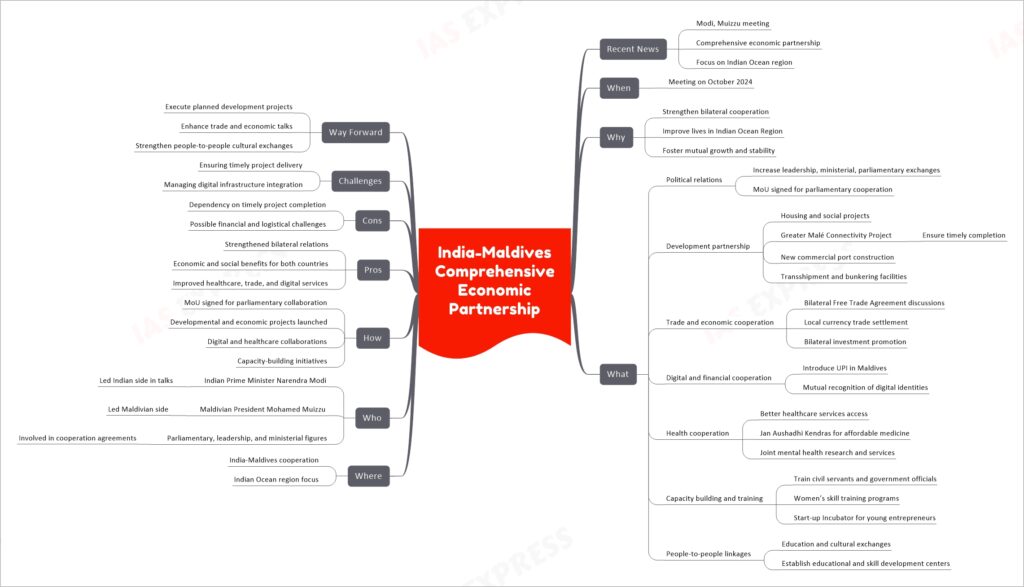
In October 2024, Indian Prime Minister Narendra Modi and Maldivian President Mohamed Muizzu met to strengthen ties between India and the Maldives. Their discussions led to plans for a Comprehensive Economic and Maritime Security Partnership. Key areas of cooperation include political engagement, development projects, healthcare, trade, and digital services. They aim to complete major projects like the Greater Malé Connectivity Project, enhance trade through a Bilateral Free Trade Agreement, and introduce India’s Unified Payments Interface in the Maldives. Capacity building, healthcare improvements, and increased cultural exchanges also highlight the partnership’s broad scope aimed at mutual growth and stability.
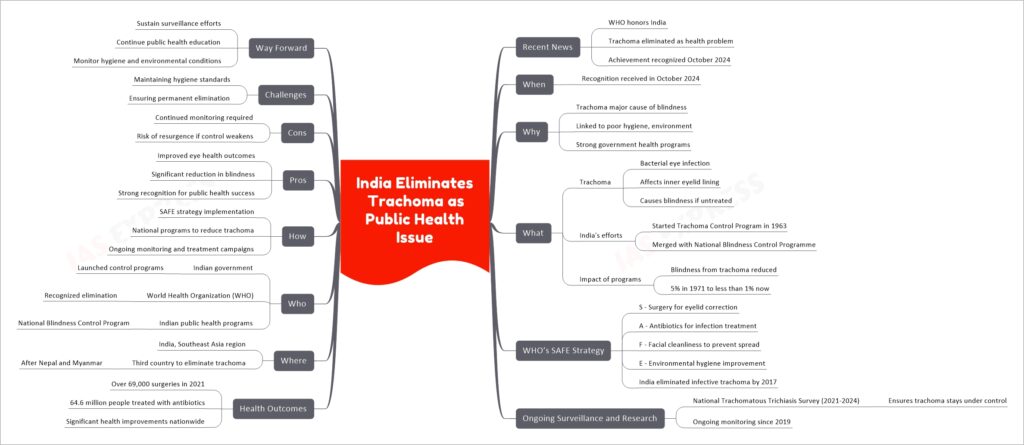
The World Health Organization (WHO) honored India in October 2024 for eliminating trachoma as a public health issue, making it the third country in Southeast Asia to do so after Nepal and Myanmar. Trachoma, once a leading cause of blindness, has been brought under control through India’s National Trachoma Control Program, launched in 1963, and later merged with the National Blindness Control Programme. Using WHO’s SAFE strategy—Surgery, Antibiotics, Facial cleanliness, and Environmental hygiene—India eliminated infective trachoma by 2017. Continued surveillance and health campaigns are key to preventing its resurgence.
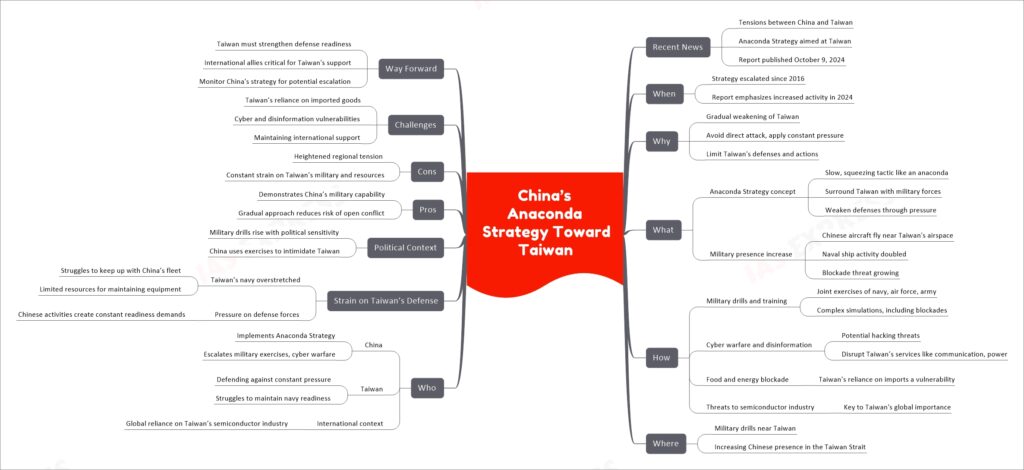
China’s “Anaconda Strategy” against Taiwan, outlined in an October 2024 report, involves gradually weakening Taiwan by surrounding it with increased military presence and frequent drills. China has escalated naval and aerial activities, doubled military exercises near Taiwan, and is likely to employ cyber warfare and disinformation tactics. This strategy pressures Taiwan’s defenses, especially its navy, and exploits vulnerabilities in its reliance on imported food, energy, and its critical semiconductor industry. As tensions rise, Taiwan faces significant challenges in maintaining readiness, while international support remains crucial to its defense.
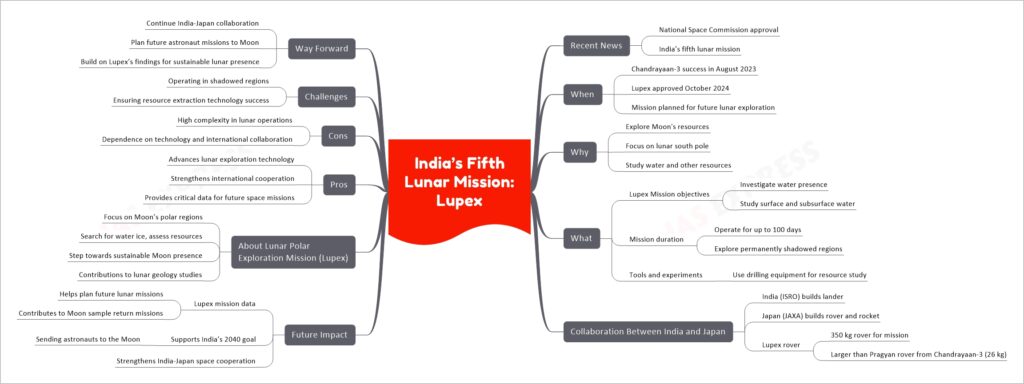
India’s National Space Commission has approved its fifth lunar mission, the Lunar Polar Exploration Mission (Lupex), in collaboration with Japan’s space agency JAXA. This mission, following the success of Chandrayaan-3, will explore water and other resources at the Moon’s south pole. Lupex, designed to operate for 100 days, will use advanced tools for drilling and analysis in permanently shadowed regions. India will build the lander, while Japan will construct the rover and rocket. Lupex will support future lunar missions, including plans for India to send astronauts to the Moon by 2040, advancing international cooperation in space exploration.
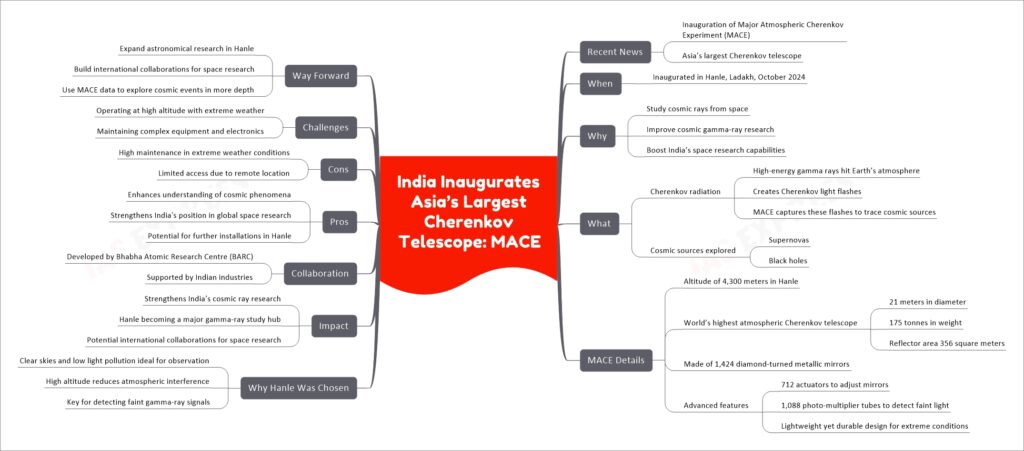
India has inaugurated Asia’s largest imaging Cherenkov telescope, the Major Atmospheric Cherenkov Experiment (MACE), at Hanle in Ladakh at an altitude of 4,300 meters. Developed by BARC, MACE captures Cherenkov radiation, helping scientists trace cosmic rays from supernovas and black holes. The 21-meter, 175-tonne telescope features advanced technology for studying high-energy particles from space. Hanle’s clear skies and minimal light pollution make it an ideal location for cosmic research, and the project is expected to drive further international collaborations in space exploration.
If you like this post, please share your feedback in the comments section below so that we will upload more posts like this.
